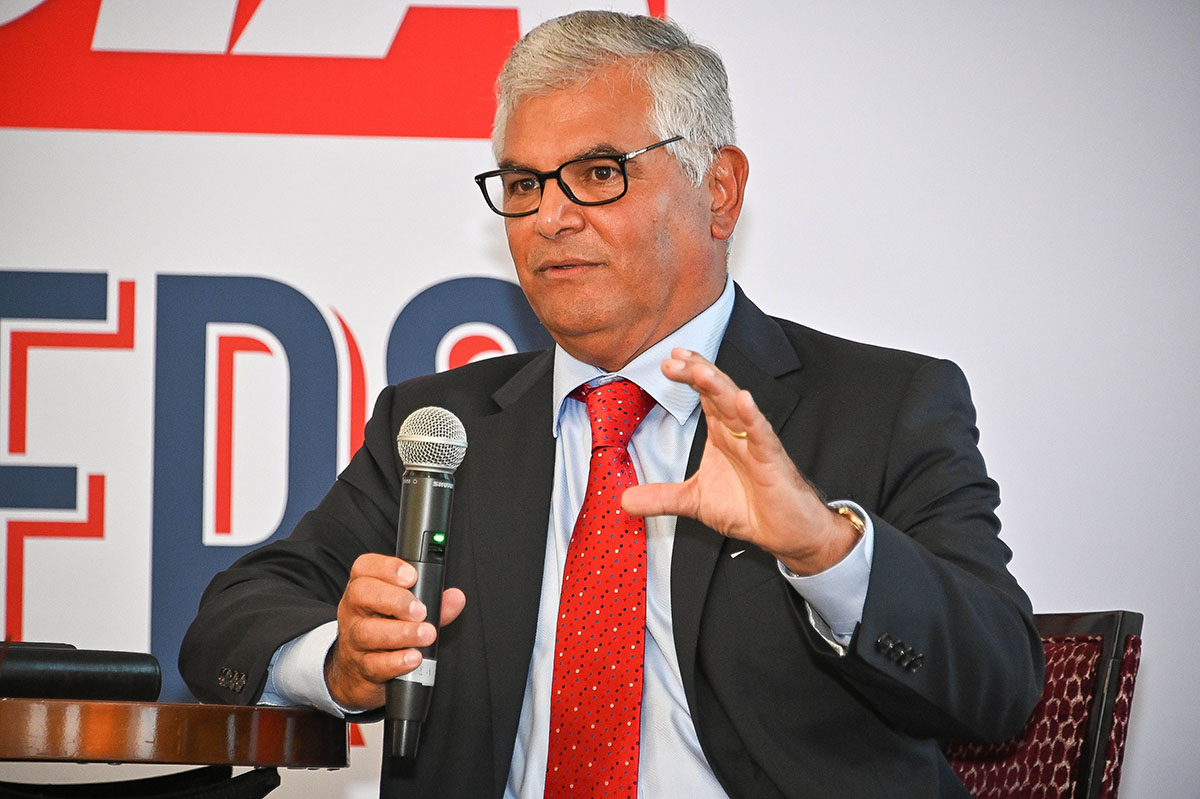
Chief Judge Juan Sánchez talks jury diversity at
 Lawyers Forum
Lawyers Forum
On Oct. 1, AL DÍA celebrated top Latino lawyers in Pennsylvania at the third annual AL DÍA Lawyers Forum at the Pyramid Club in Philadelphia.
This year’s forum had Chief Judge Juan R. Sánchez, Chief United States District Judge for the Eastern District of Pennsylvania, as its honored guest and keynote speaker.
Sánchez delivered a speech on his own journey in law and vision for a more equitable justice system, and discussed his initiative to diversify jury pools in a fireside chat led by Assistant U.S. Attorney Jacqueline Romero, also an AL DÍA Lawyers advisory board member and co-chair.
Sánchez, 64, was born in Vega Baja, Puerto Rico, but moved to the Bronx, NY, when he was 12 (the transition in part smoothed by the “universal language” of baseball, as Sánchez described in this Philadelphia Inquirer Op-ed penned in September). He studied for his bachelor’s degree at City College of the City University of New York, where he graduated from in 1978, and received his J.D. degree from the University of Pennsylvania Law School in 1981.
After law school, Sánchez began working as a staff attorney for Legal Aid of Chester County. Following that, Sánchez worked in private practice, and then went on to work in the public defender’s office of Chester County for 14 years, later serving as a judge for the Chester County Court for six years.
In 2003, President George W. Bush nominated Sánchez for a seat on the United States District Court for the Eastern District of Pennsylvania, which includes Philadelphia and Berks, Bucks, Chester, Delaware, Lancaster, Lehigh, Montgomery, and Northampton counties. The U.S. Senate confirmed Sánchez, who was appointed in June 2004.
On Aug. 1, 2018, Sánchez became the chief judge of the Eastern District of Pennsylvania federal court. With that, he also broke a significant barrier, becoming the first Latino chief judge in the more than 200-year history of the Eastern District of Pennsylvania.
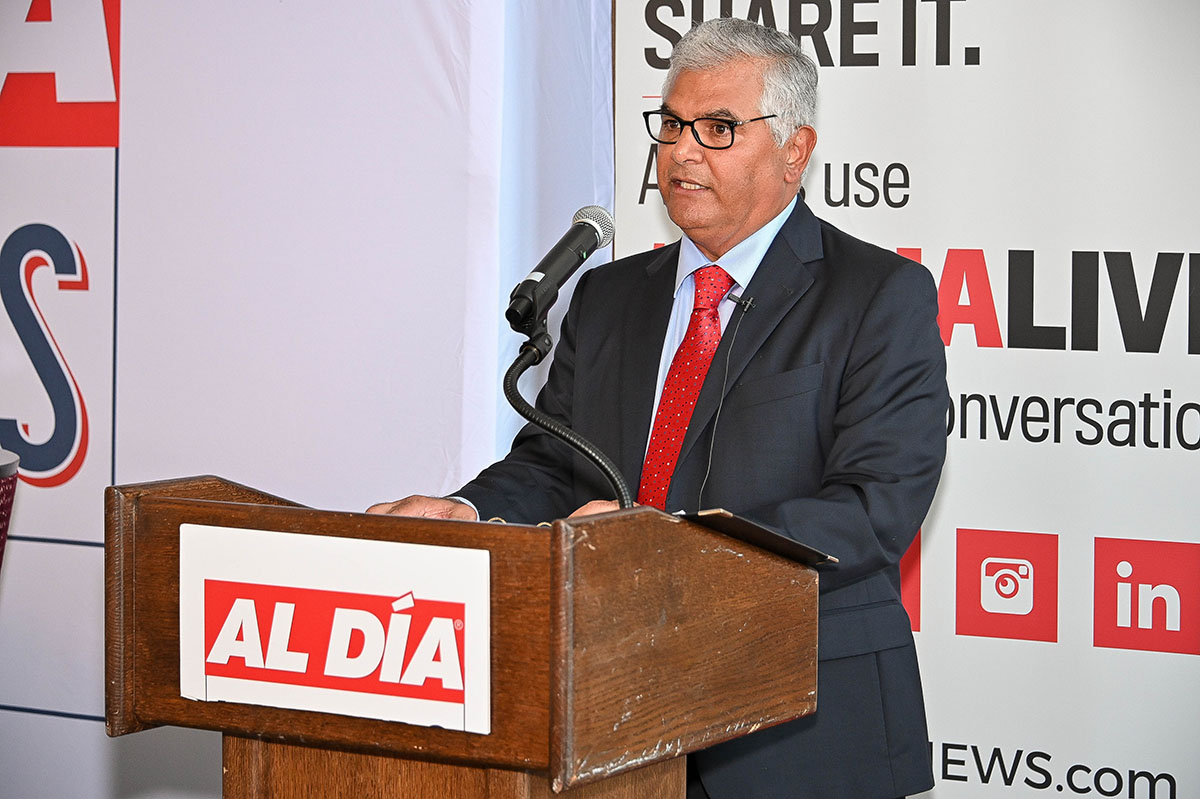
Sánchez said that one of his goals as a district judge is to “[pursue] social change.”
He said that his career as a lawyer, professor, and judge has been defined by a “commitment to making a difference and making things better” which stretches back to his youth.
To achieve his vision for the court, Sánchez said that he focuses on three pillars: diversity and inclusion; access to the courts; and engagement in civic education.
CONTENIDO RELACIONADO
In his speech and the subsequent fireside chat, Sánchez focused on a new initiative by the Eastern District Court to increase diversity in the jury pool and on juries for any and all cases. Panels are not generally as diverse as they should be, he noted — and “it’s important that the courts take steps to address it.”
“This is an important initiative because we know that having even one juror of color in the jury pool or on the panel can make a difference in the outcome of a case,” Sánchez said, recalling specific cases in which diversity in the jury made for a respectful, considerate group overall, and provided balanced perspectives in a “thorough” process of determining the verdict and the sentencing.
There are also studies, he noted, that indicate how significant it is to have “people of diverse backgrounds in the box.”
If even one person of color is on the jury, it can affect the discussion among jurors, change the length of the discussion, and present new viewpoints.
Sánchez told Romero that some of the biggest barriers to jury diversity are financial: not wanting to miss time at work, the lack of compensation that jury duty offers, and more. Those barriers exist in addition to “structural” barriers, Sánchez said.
So far, through the initiative and the jury diversity subcommittee that Sánchez established, they have moved to accomplish their goal by increasing the number of names in its juror pool, and improving the accuracy of its mailing lists. The initiative has also helped create a community and education outreach program that seeks to engage citizens in the judicial system and provide more information about jury duty.
To read more about Judge Sánchez and the Eastern District of Pennsylvania’s efforts to increase diversity in jury pools, click here to access the PDF of the full report by Chief Judge Sánchez.



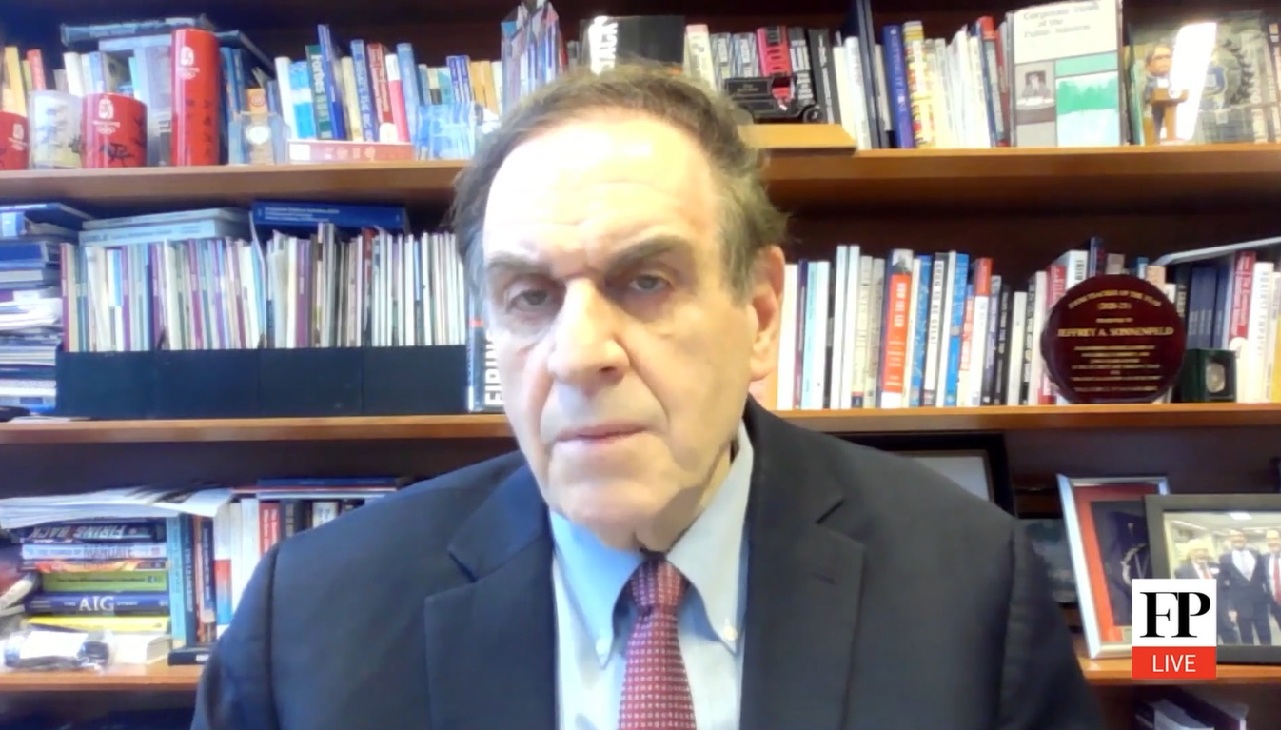



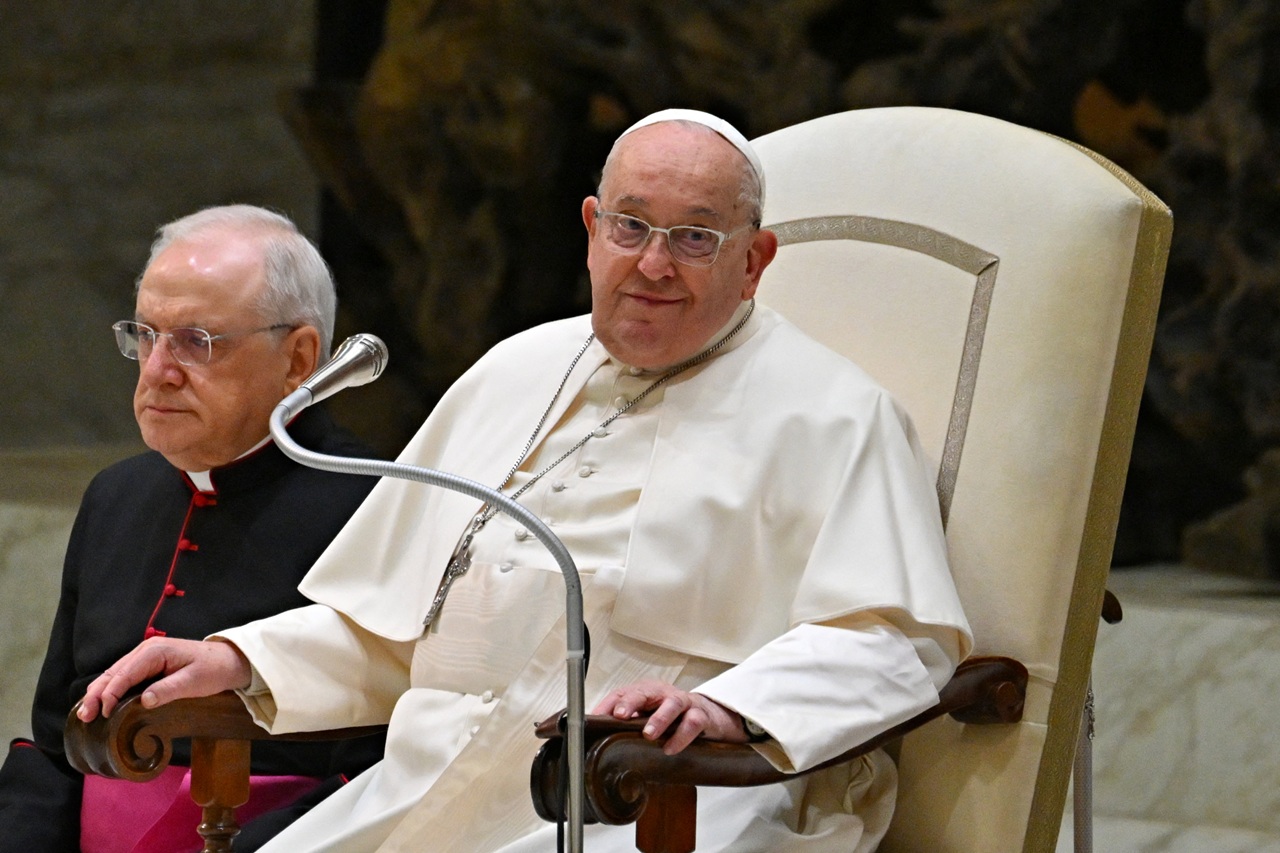
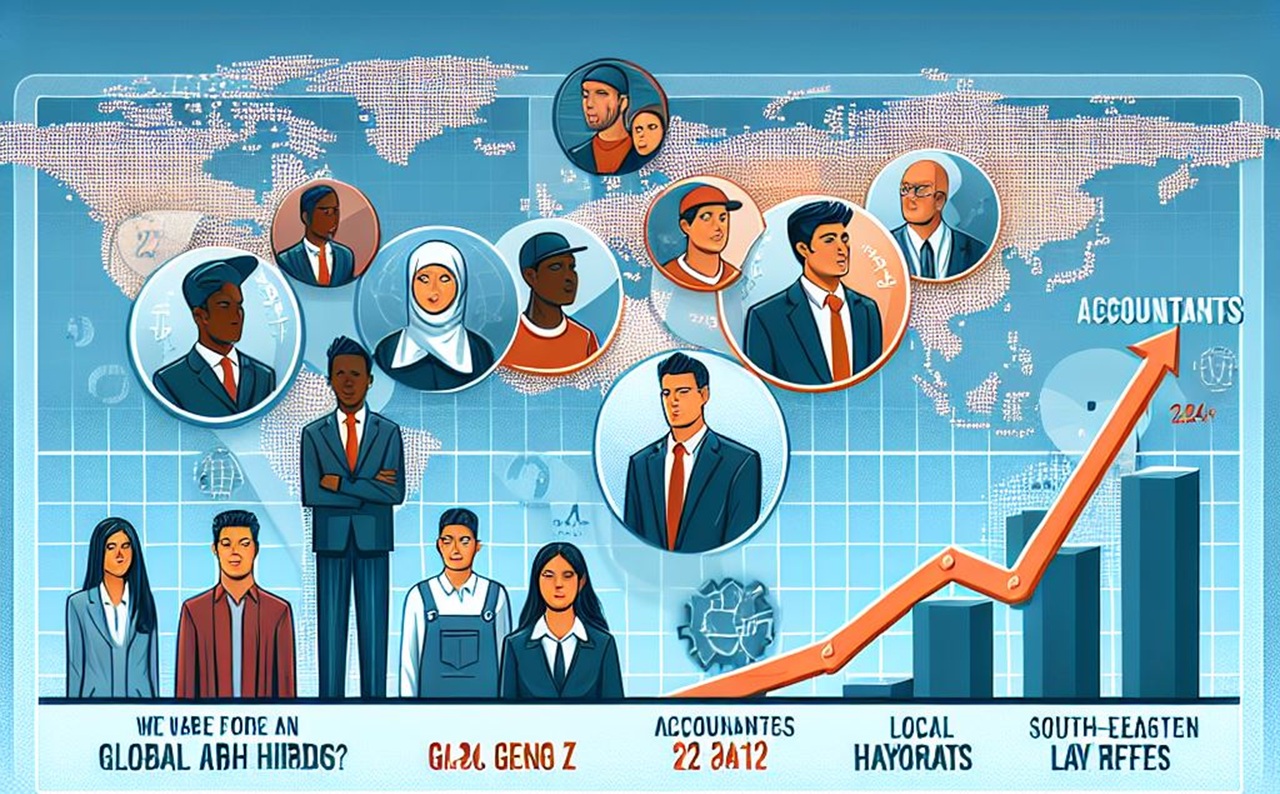

DEJE UN COMENTARIO: